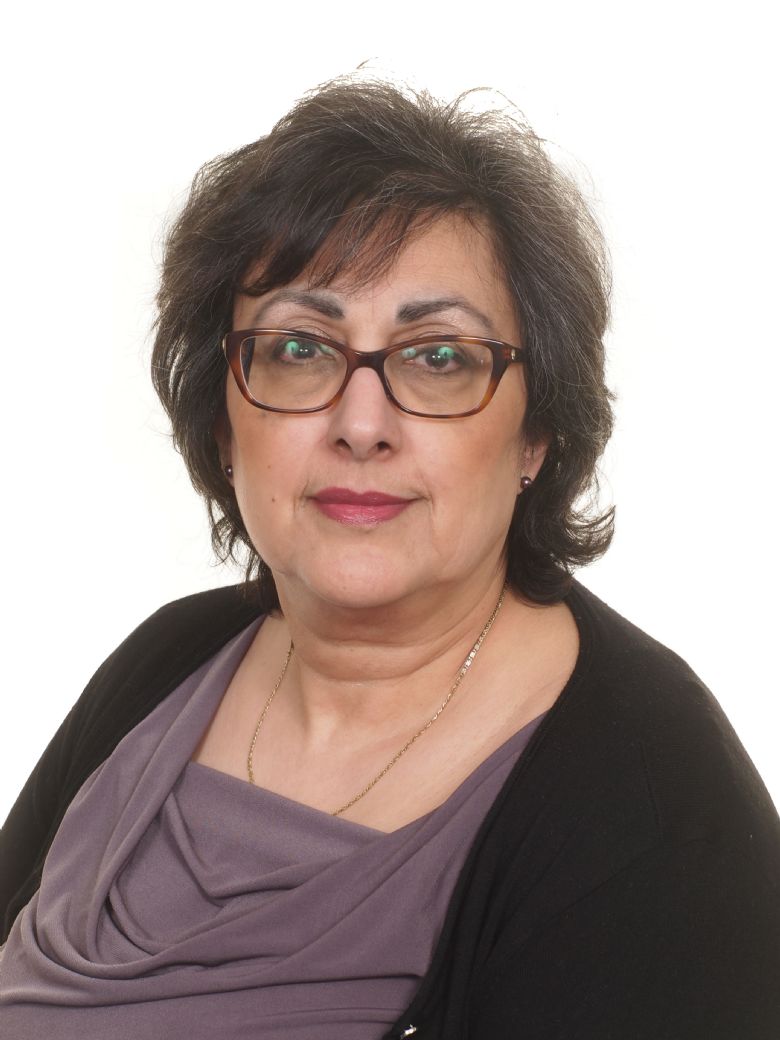Special Educational Needs and Disabilities
SENCo, Pastoral and EAL Support
'At Almond Hill we aim to meet every child's needs through a range of provisions suited to them personally.'
Mrs Birchall, SENCo.

Our Special Educational Needs Co-ordinator (SENCo) is Mrs Birchall.
What should I do if I think my child is in need of support?
We encourage parents and carers to speak to their child’s class teacher, SENCo or the head teacher about any concerns they have.
If you would like to discuss any concerns regarding your child’s progress, please speak with your child’s teacher first as they will know your child best. Your concerns will be shared with the SENCo and the head teacher.
When does a child need additional support?
Teachers assess children’s progress to ensure teaching is planned to consolidate and extend learning. Some children need additional support to help them secure progress in areas of their work, to support aspects of their learning behaviour or social and emotional development.
Partnership with Parents
The school believes the best progress will be made when the school works in partnership with parents and in addition to meeting with their child’s class teacher, parents are very welcome to make an appointment to meet with Mrs Birchall. You do not need to wait for your child’s parents' evening to voice your concerns.
Information to supports parents.
We regularly update our website with a wide range of courses that are available for parents and carers in our local area. As well as this, below are some links to some useful website where you can find information to help you and your child.
General in school provision for children with barriers
If your child has a diagnosis or displays traits of ASD, this is the provision they might have in class:
- A workstation
- A quiet place or safe space
- A personal timetable with sensory breaks
- A range of sensory items
- Access to key adult
- Ear defenders
If your child has a diagnosis or displays traits of ADHD, this is the provision they might have in class:
- 1,2,3 board
- Access to a fiddle toy
- Sensory breaks
- Examples to start them off
- Expectations clearly communicated
- Verbal feedback for ‘good listening’
- ‘Time out’ place
- Timers
- Access to key adult
If your child shows difficulties of a dyslexic nature, this is the provision they might have in class:
- Access to word banks for different topics
- ‘Editing’ cards with common words to help them edit their work independently
- Access to a laptop
- Access to a voice recorder
- Timers
- Coloured overlays
- Personal spellings on a keyring to use in class
If your child has Social and Emotional regulation difficulties, this is the provision they might have in class:
- Opportunities for a time out
- Visual timetable
- ‘soft start’ to the day
- Time with adult at the end of the day
- Access to pastoral support at lunch break
SEND Local Offer
SEND Strategy Update
The SEND Strategy 2022 - 25 sets out families in Hertfordshire can get support across education, health and social care, for the next 3 years.
Policies
You will find copies of our policies including that for SEND, Dyslexia and Equality on the policy page of the website.
Children & Young People's Therapies Service
Hertfordshire Community NHS Trust’s (HCT), Children and Young People’s Therapies Service provides Occupational Therapy, Physiotherapy and Speech and Language Therapy for children and young people in Hertfordshire. The integrated therapies service delivers holistic support for a child or young person’s needs, under one provider, with multidisciplinary working across the three clinical therapy professions.
Children's Occupational Therapy
Children's Speech & Language Therapy
June 2021
Speech and Language
Click the 'button' below to view the local offer for Hertfordshire.
The Children and Young People’s (CYP) Speech and Language Therapy service offers a child- and family-centred approach to support CYP with speech, language, communication needs (SLCN) and those with eating and drinking difficulties in Hertfordshire. The Children and Young People’s (CYP) Speech and Language Therapy service offers a child- and family-centred approach to support CYP with speech, language, communication needs (SLCN) and those with eating and drinking difficulties in Hertfordshire.
Attention Deficit Hyperactivity Disorder (ADHD)
www.add-vance.org/
ADD-vance is a dedicated group of professionals, who also happen to be parents of children affected by ADHD and/or Autism.
www.nhs.uk/adhd
Autism Spectrum Disorder
Click the 'button' below to view the local offer for Hertfordshire.
www.spaceherts.org.uk/
Space is a Hertfordshire based charity supporting parent/carers of children and young people on the Autistic Spectrum, with Attention Deficit Hyperactivity Disorder (ADHD) or a related condition.
http://www.aspergers4herts.org/harc-support/
harc is the Hertfordshire branch of the National Autistic Society (NAS). They work to provide information and support to individuals and their families living in Hertfordshire
https://www.autism.org.uk/
The UK's leading charity for people on the autism spectrum and their families.
Learning Difficulties
https://www.bdadyslexia.org.uk/
The BDA promotes early identification of specific learning difficulties (SpLD) and support in schools to ensure opportunity to learn for dyslexic learners.The BDA promotes early identification of specific learning difficulties (SpLD) and support in schools to ensure opportunity to learn for dyslexic learners.
http://www.familiesinfocus.co.uk/
Families in Focus CIC provides parenting courses that support parents, grandparents and adoptive parents in their local community to bring harmony, balance and enjoyment to family life. Free courses available across Hertfordshire.
https://www.mencap.org.uk/
'Mencap is the leading voice of learning disability. Everything we do is about valuing and supporting people with a learning disability, and their families and carers.'
Sensory and/or Physical Need
https://www.hct.nhs.uk/our-services/childrens-occupational-therapy/
The Children’s Occupational Therapy service offers a child and family centered approach to support children and young people with their independence in all aspects of daily living, such as self-feeding, dressing and participating in play and school activities. The service is available to children and families across Hertfordshire.
https://www.dyspraxiauk.com/
Dyspraxia UK provides assessments and diagnosis for children and adults, and is the UK specialist in this field of occupational therapy
Whether you're a parent, young person or a professional working within SEND, there are documents and resources here that may help you: https://www.hertfordshire.gov.uk/

